Catholic Church to consider ordaining married men
Ending centuries of orthodoxy, radical plan aimed to address clergy shortage could lead to conservative backlash
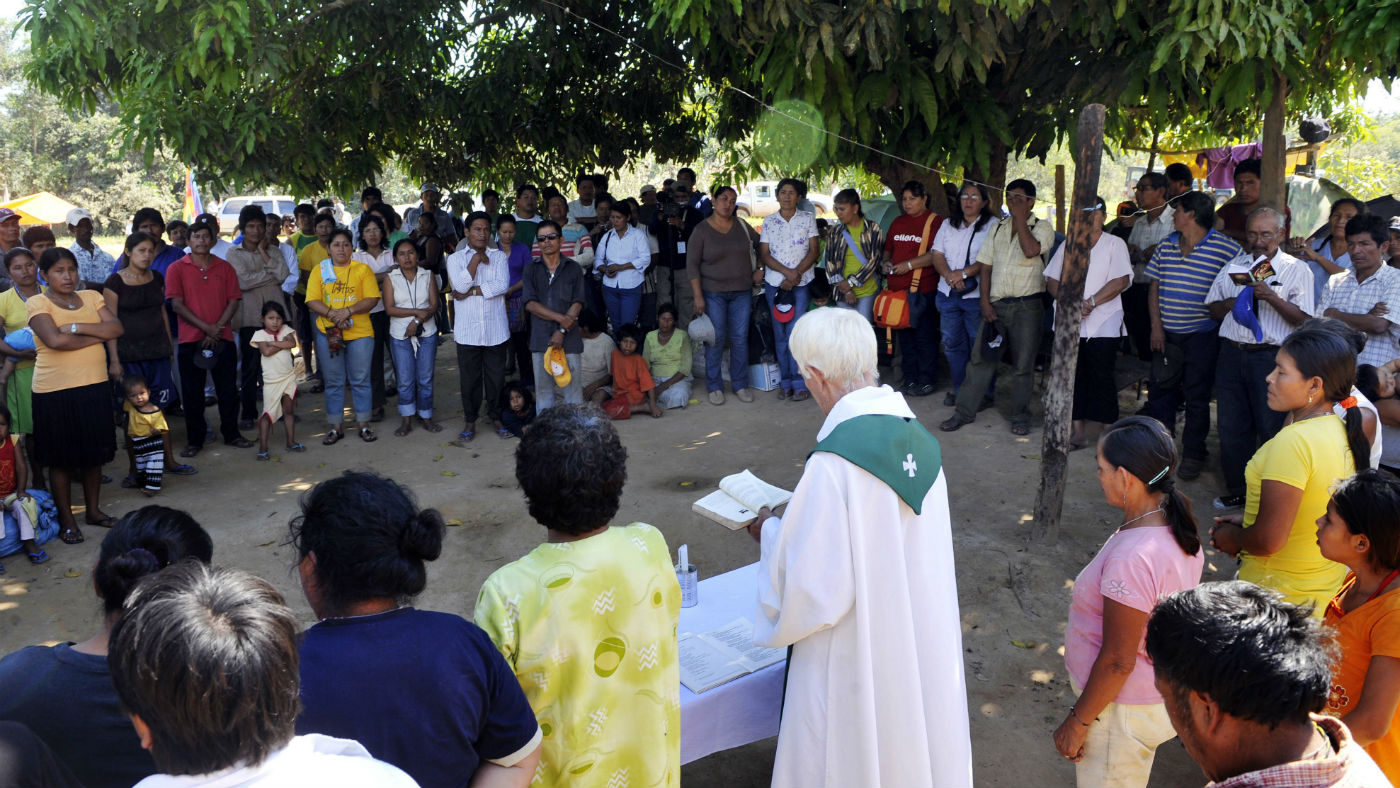
A free daily email with the biggest news stories of the day – and the best features from TheWeek.com
You are now subscribed
Your newsletter sign-up was successful
The Catholic Church could upend a thousand years of orthodoxy and allow older married men to be ordained in a bid to address a shortage of clergy in remote parts of the Amazon.
The recommendation, set out in a leaked Vatican document, will be discussed at a synod of bishops from South America taking place at the Vatican in October.
“Communities have difficulty in celebrating the Eucharist frequently due to the lack of priests. For this reason, instead of leaving the communities without the Eucharist, the criteria of selection and preparation of the ministers authorised to celebrate it should be changed,” it reads.
The Week
Escape your echo chamber. Get the facts behind the news, plus analysis from multiple perspectives.

Sign up for The Week's Free Newsletters
From our morning news briefing to a weekly Good News Newsletter, get the best of The Week delivered directly to your inbox.
From our morning news briefing to a weekly Good News Newsletter, get the best of The Week delivered directly to your inbox.
Reuters reports it is “the most direct mention ever in a Vatican document of the possibility of a married priesthood, albeit limited”.
Lifelong celibacy for Catholic priests was first promoted by Pope Gregory VII in 1075. The BBC says “eliminating the prospect of marriage ensured that children or wives of priests did not make claims on property acquired throughout a priest's life, which thus could be retained by the Church”.
It took centuries for the practice of celibacy to become widespread, but it eventually became the norm in the Western Catholic Church.
“Although the proposals to be considered by the Vatican concern the ordination of married men in specific communities, the opening up of debate at the highest levels of the church will boost those arguing for a general relaxation of the celibacy rule,” says The Guardian.
A free daily email with the biggest news stories of the day – and the best features from TheWeek.com
Pope Francis has previously said he would be open to allowing married men to be ordained in areas where there are a scarcity of priests. Catholics in the Amazon, for example, often go months or longer without seeing a priest and receiving the sacraments like celebrating mass or confessing.
But “the possibility of such a profound change to almost a millennium of tradition is likely to dismay conservatives”, The Guardian says.
“Still, the much-anticipated proposal marks a potential pivot for the church, especially in the Southern Hemisphere, where it sees its future,” says the New York Times.
The church has increasingly struggled to fill clerical vacancies, particularly in Europe and North America, where church membership has been in freefall over recent years.
A survey by the Association of Catholic Priest in 2012 in Ireland, where the number of parish priests fell by 17% in the ten years to 2014, found that almost nine in 10 Irish Catholics wanted priests to be allowed to marry.
There has also been suggestions the Church’s strict celibacy rules are, at least partly, to blame for the widespread sexual abuse of children and vulnerable adult by priests. The scandal stretching back decades has been described as the biggest existential threat the Catholic church currently faces so any move to that is seen to address one of its root causes will likely receive support from Church reformers.
At the end of the conference in October, participants will vote on various articles in a final document, which will then go to the Pope, who will decide whether to make it an official Apostolic Exhortation based on the Synod meetings.
“This is likely to raise the usual questions about whether Pope Francis is a reformer, battling to change the Church,” says the BBC.
-
 What to know before filing your own taxes for the first time
What to know before filing your own taxes for the first timethe explainer Tackle this financial milestone with confidence
-
 The biggest box office flops of the 21st century
The biggest box office flops of the 21st centuryin depth Unnecessary remakes and turgid, expensive CGI-fests highlight this list of these most notorious box-office losers
-
 What are the best investments for beginners?
What are the best investments for beginners?The Explainer Stocks and ETFs and bonds, oh my
-
 Is the Catholic Church taking on Trump?
Is the Catholic Church taking on Trump?Today's Big Question Pope calls for ‘deep reflection’ on immigration
-
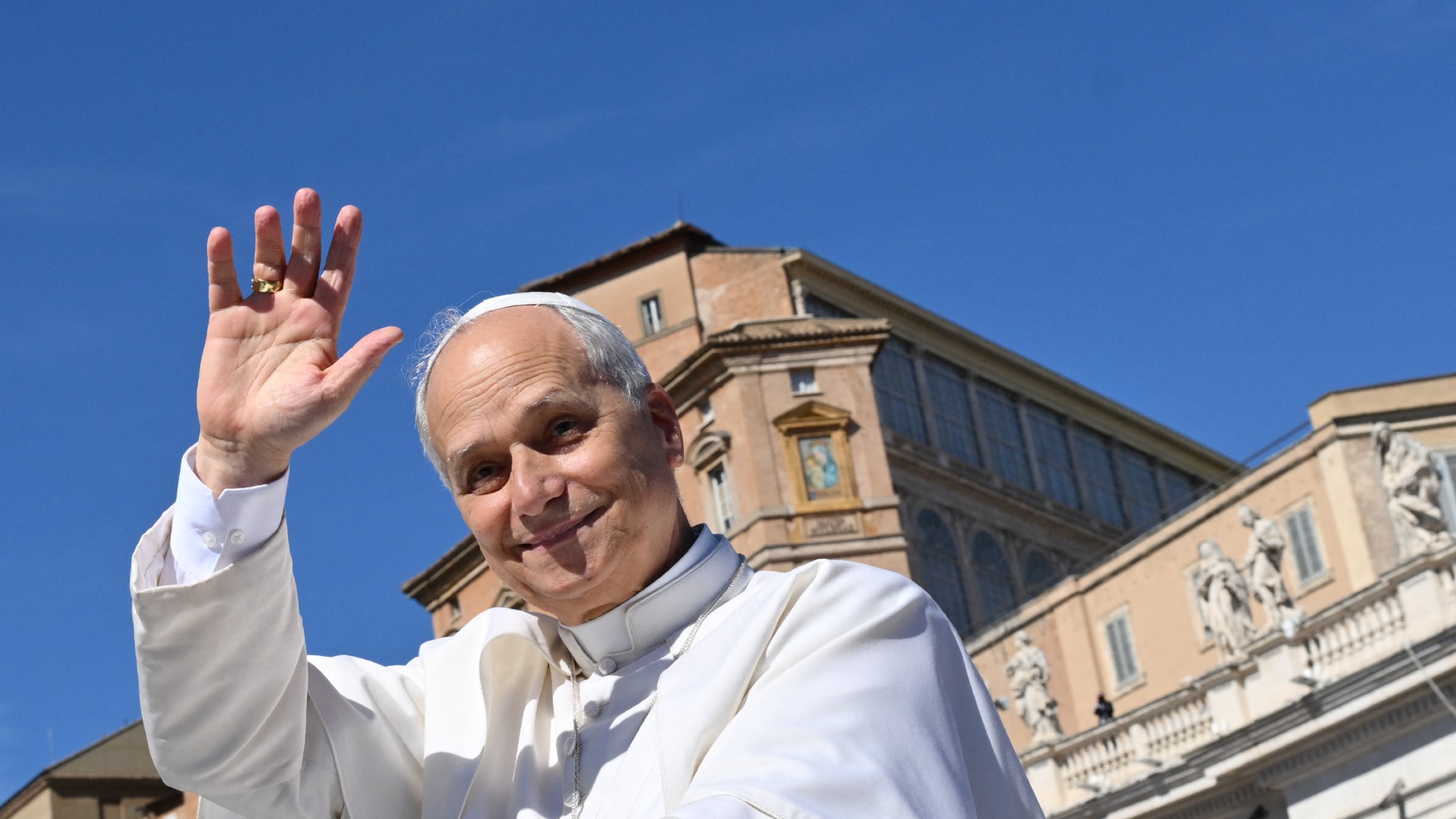 Pope Leo wants to change the Vatican’s murky finances
Pope Leo wants to change the Vatican’s murky financesThe Explainer Leo has been working to change some decisions made by his predecessor
-
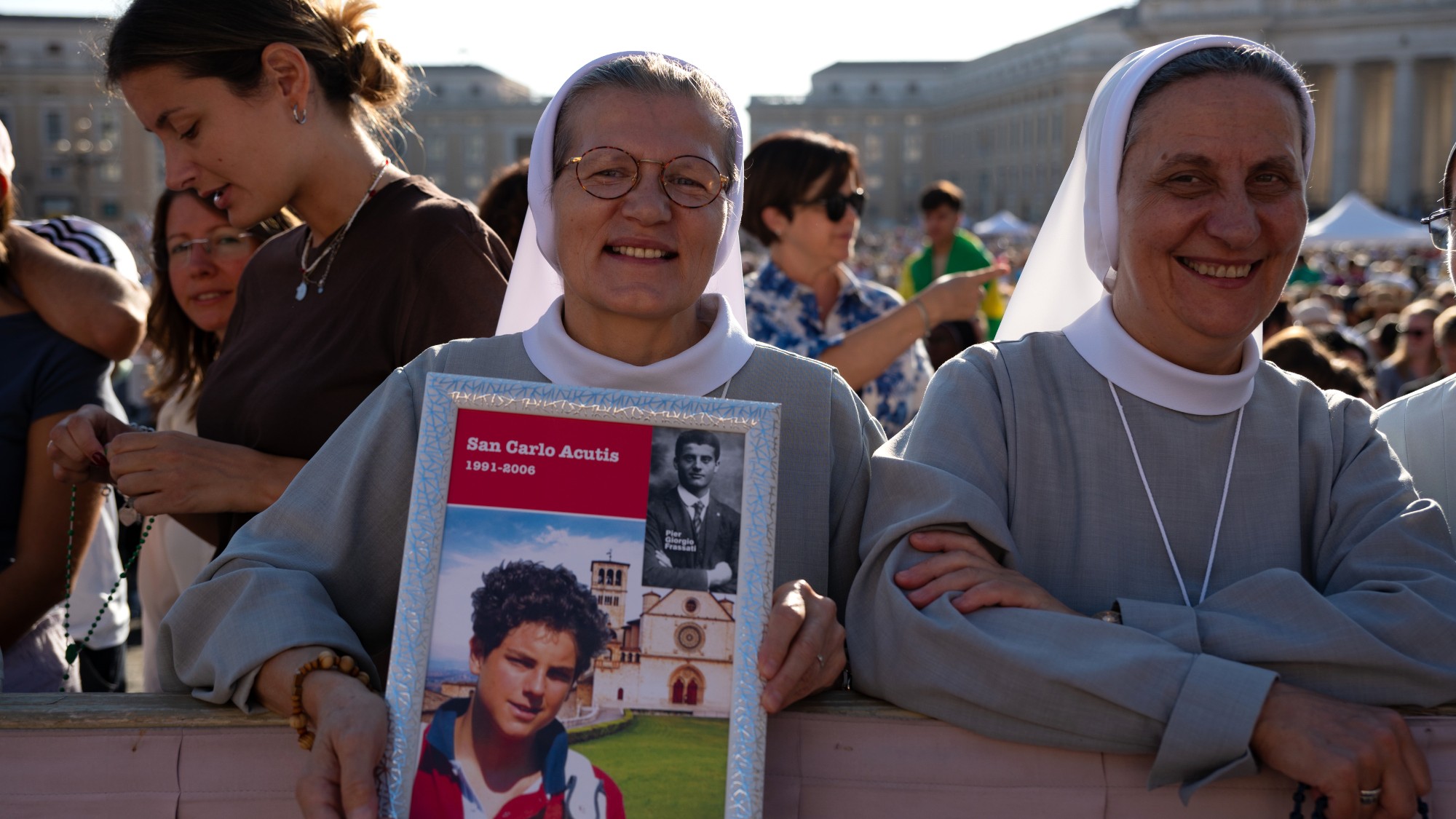 Pope Leo canonizes first millennial saint
Pope Leo canonizes first millennial saintSpeed Read Two young Italians, Carlo Acutis and Pier Giorgio Frassati, were elevated to sainthood
-
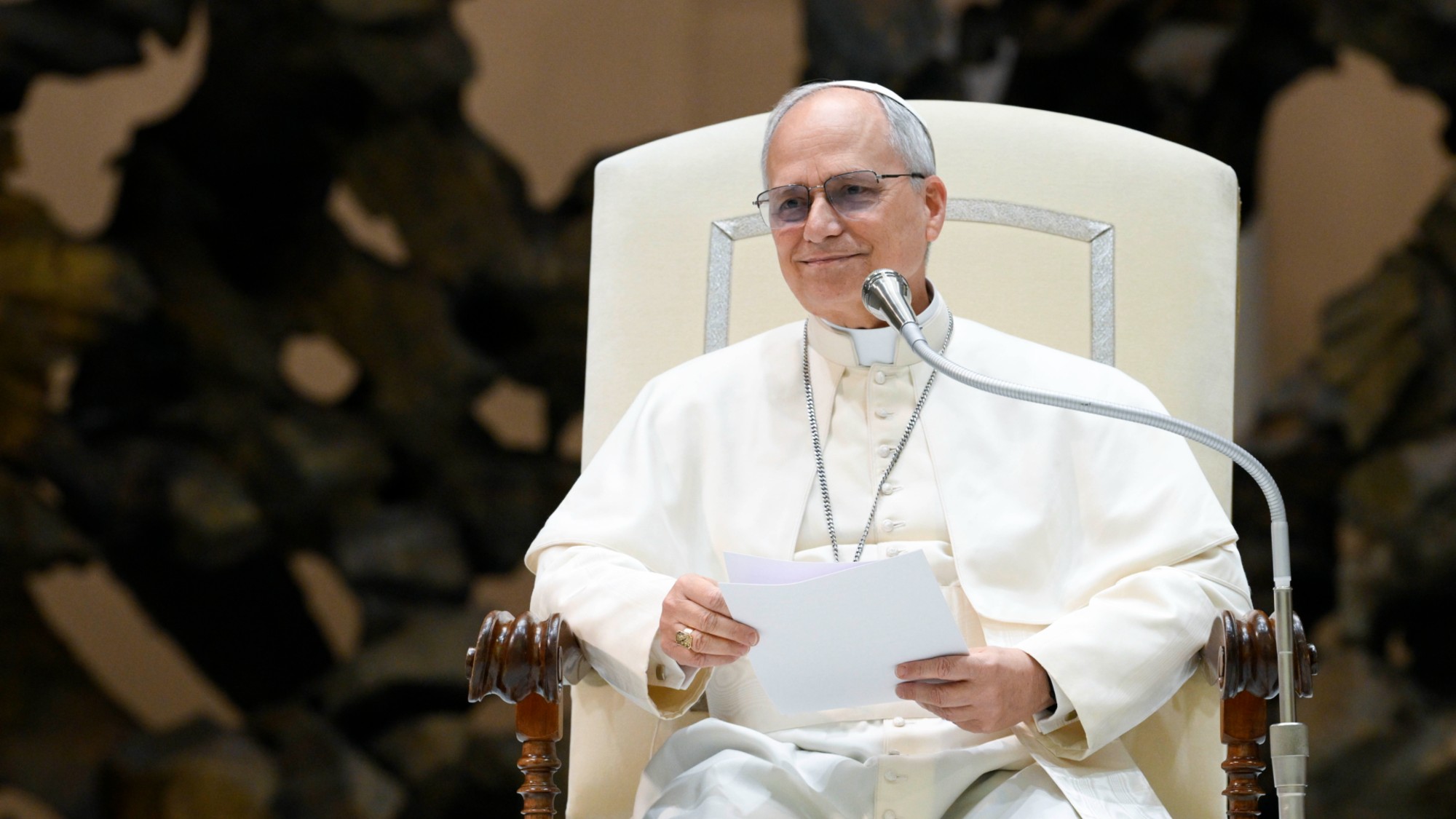 Where the new Pope Leo XIV stands on social issues
Where the new Pope Leo XIV stands on social issuesThe Explainer The first American pontiff is expected to continue some of his predecessor's work
-
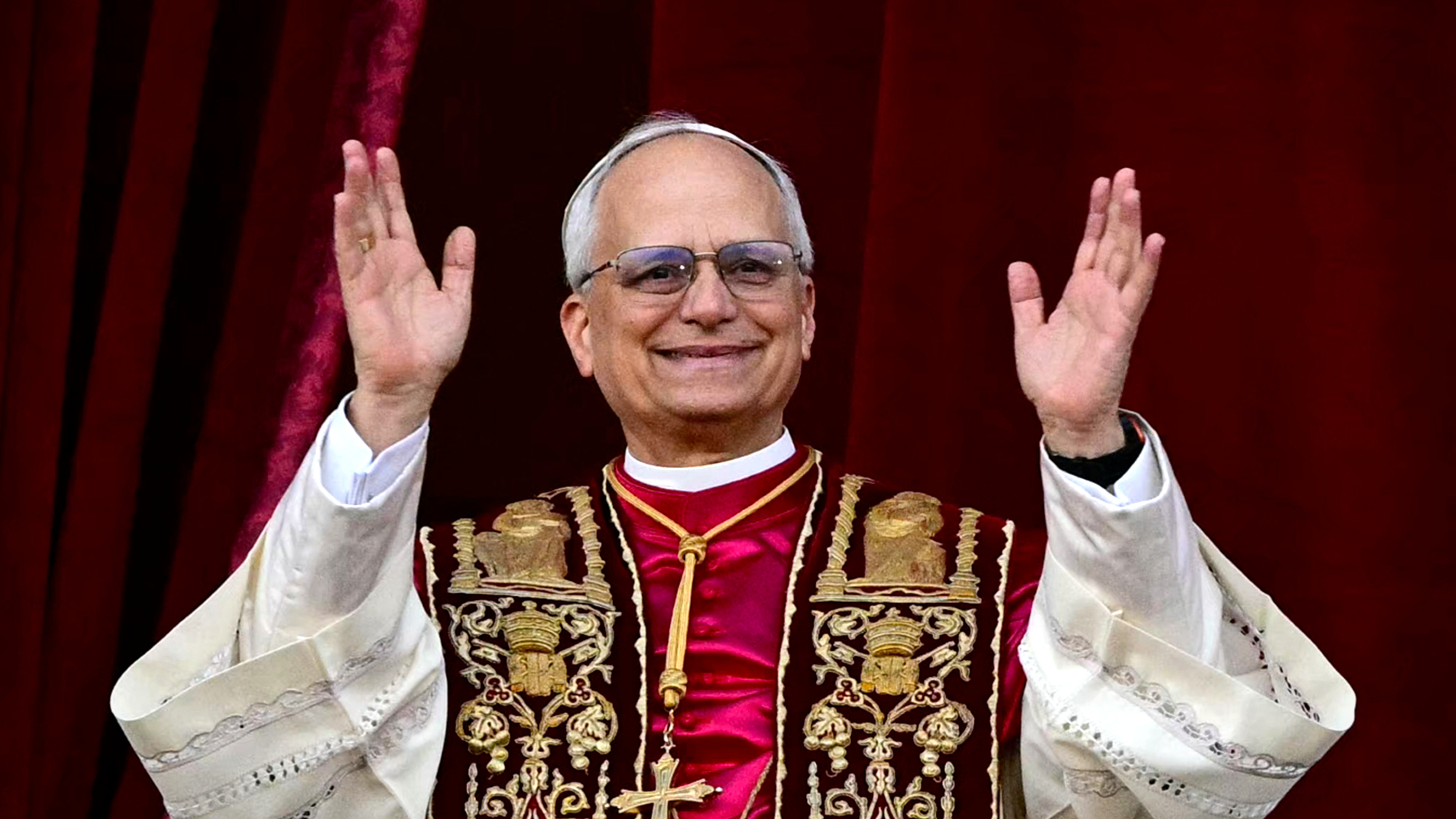 Prevost elected first US pope, becomes Leo XIV
Prevost elected first US pope, becomes Leo XIVspeed read Cardinal Robert Francis Prevost is a Chicago native who spent decades living in Peru
-
 Leo XIV vs. Trump: what will first American Pope mean for US Catholics?
Leo XIV vs. Trump: what will first American Pope mean for US Catholics?Today's Big Question New pope has frequently criticised the president, especially on immigration policy, but is more socially conservative than his predecessor
-
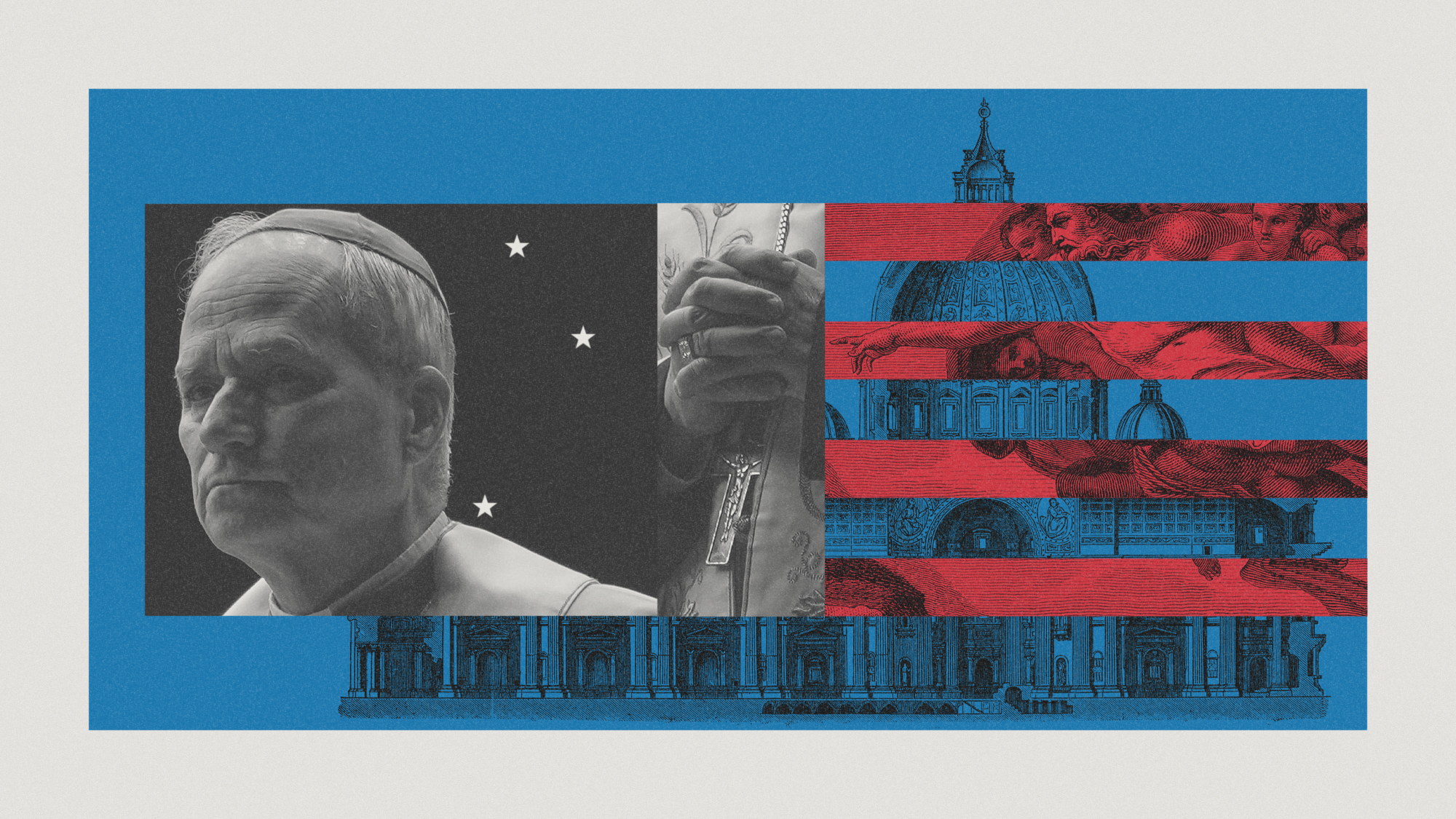 Could the next pope be an American?
Could the next pope be an American?Today's Big Question Cardinal Robert Francis Prevost is a possible 'superpower pope'
-
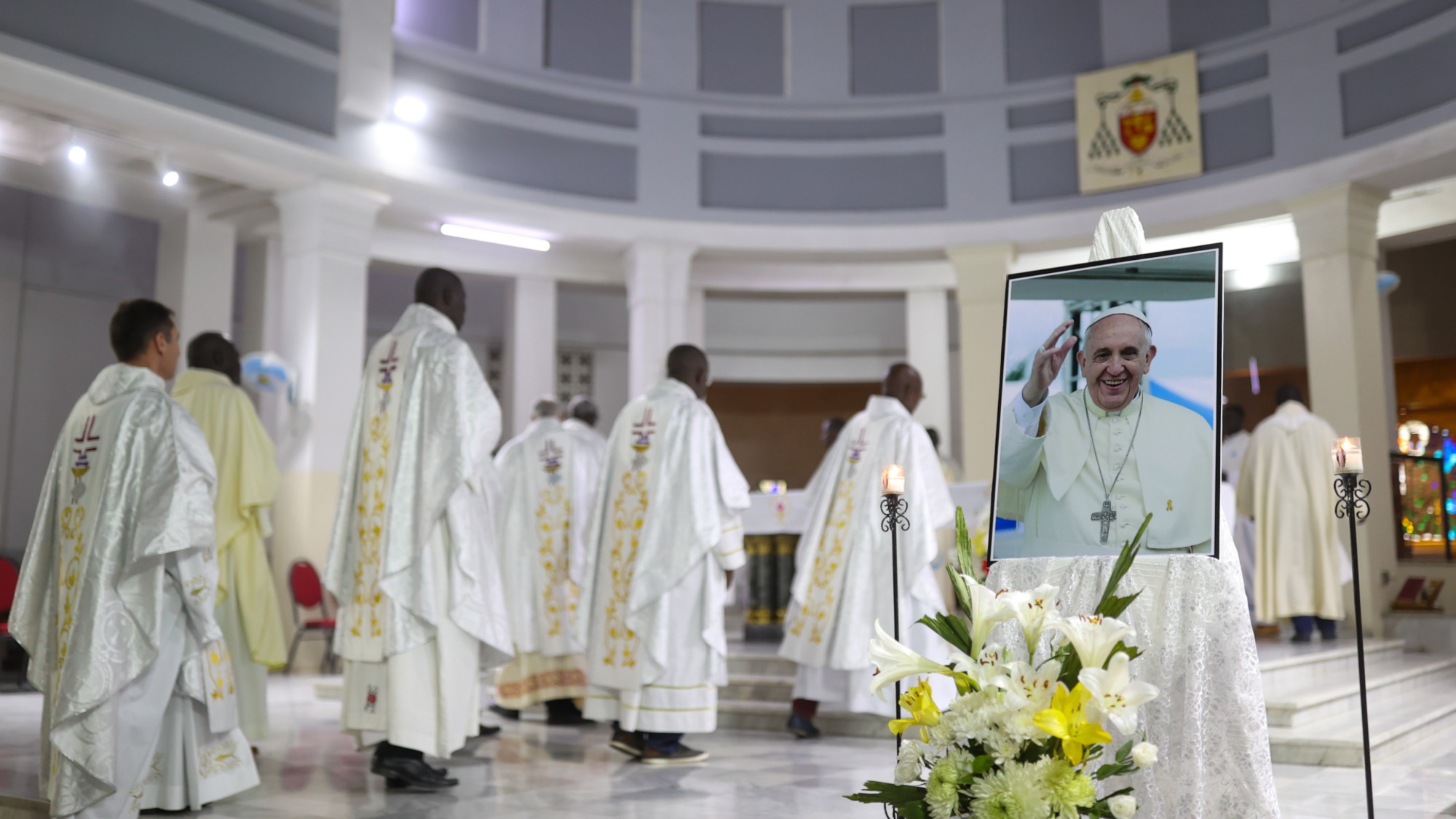 What would an African pope mean for the continent?
What would an African pope mean for the continent?Today's Big Question The Catholic Church has never had a pope from Africa in its modern history